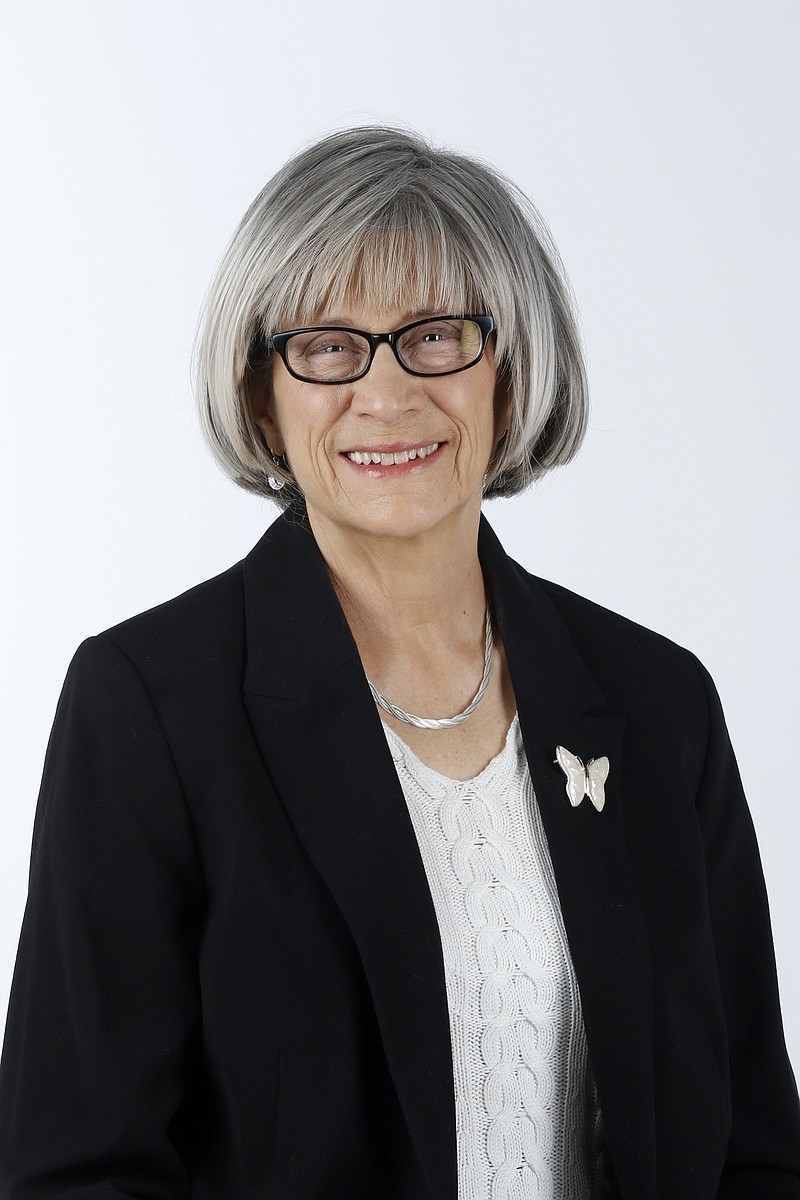COVID-19 cases are on the rise, and it's upsetting to see the rising number of hospitalizations in many states. It's even more upsetting that the White House recently advised Tennessee Gov. Bill Lee to mandate the wearing of masks to head off a likely surge in Tennessee. But it's downright horrifying that the governor didn't discuss this publicly. The White House message was only discovered through an open records request. Did the governor hope that by hiding it, no one would find out?
Beyond this, however, we are at a tell-all moment as the Supreme Court prepares to take up an Affordable Care Act case. And there's no hiding how the rush to confirm President Donald Trump's nominee comes just in time to vote the ACA out of existence.
In these deeply divided times, we are angry and anxious. But the threat to our health and access to health care can actually bring us together. Chattanooga's Black-Jewish Dialogue was revived this summer in a peace-making attempt after racism and anti-Semitism collided in well-publicized media statements. When the group decided to address health, health care and equity, it demonstrated how it's still possible to bring together a diverse group: religious leaders, artists, medical professionals, municipal administrators, nonprofit staff and board members, and educators.
So compelling is civil dialogue that it quickly expanded from the original few members of Chattanooga's African American and Jewish communities. Peacemakers and change makers joined from California to Washington, D.C., and internationally from Hungary, Bermuda and India. The reach of the dialogue shows that civil discourse is possible, especially on the topic of our health and health care in this COVID-19 era.
There's no denying that at first glance, the health care issues of the two communities have little in common. The genetic issues of inherited conditions from ancestors in Europe, mid-East, Africa and Russia remain common in close-knit Jewish communities. The prevalence of breast and lung cancers is heartbreaking, as I've experienced in my own family. And I'm hardly alone. Also, the genetic vulnerability to endocrine diseases such as diabetes is startling. The aging demographics of the community only makes the situation more anxiety provoking.
The African-American community also has genetic issues. But while the concerns also revolved around cancer and diabetes, the focus was on other causes such as environmental and economic factors. The environment in some Black neighborhoods is toxic. A good example is the lead poisoning in Chattanooga's Southside.
Isolated physically and economically, some poorer neighborhoods are food deserts, the result of previous urban segregation, corporate decisions and a lack of public transportation.
Religious organizations do help, but can't counteract threats to Medicare coverage, limits to affordable insurance and efforts to not cover pre-existing conditions. We all agreed that it's time for more humane health care, especially given the COVID-19 numbers. I'm not comforted by the GOP's decade-long promise of ever better health care, a promise that has never come to fruition.
Yes, I'm updating my will, but not losing hope. Despite our differences, our humanity lurks just beneath the surface. I have faith that our better selves will rise up before health care is thrown off a cliff. We can, and should, come together to make that happen.
Contact Deborah Levine, an author, trainer/coach and editor of the American Diversity Report, at deborah@diversityreport.com.
